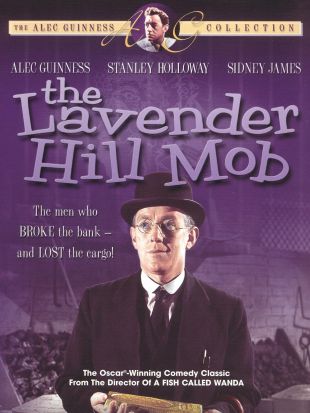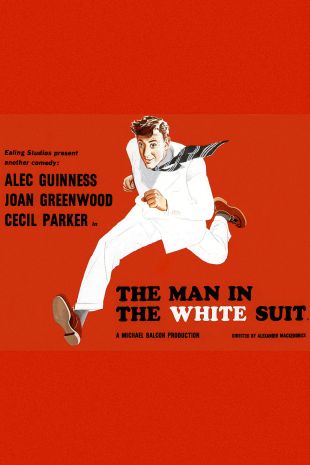Ernest Irving was, along with Muir Mathieson, one of the most important musical figures in the British studio system. Born in Godalming, England, in 1878, he studied music as a boy and had his first professional engagement as a conductor in 1892, at age 17, for a theatrical production. Over the next half-century, Irving conducted in virtually every theater in London, as well as conducting performances of operetta in Paris and Madrid. In 1935, Irving was hired as the music director at Ealing Studios and devoted much of his time and energy to improving the quality of musical accompaniment in British films. Up to that point, British films had relied on the talents of gifted bandleaders such as Louis Levy, who were quite capable within the context of light music, but lacked the vision and scope needed to extend their range of music. There were occasional exceptions, such as Alexander Korda's Things to Come (1936), which utilized the talents of England's most celebrated young composer, Arthur Bliss, but generally the standard was fairly low and superficial. Irving was fortunate to have as the studio's head of production Michael Balcon, one of the best producers to work in movies, who understood the value of a good music score in filmmaking. Balcon backed Irving's moves to engage serious composers as a routine matter and utilize not only larger orchestral forces, but more unusual scoring.
Irving's first screen credit as music director was for the comedy Midshipman Easy (1935), among the early directorial efforts of Carol Reed, for which he also wrote the score. Some of the more interesting and distinguished films with which he was involved in the late '30s included The High Command, The Ware Case, and The Proud Valley, which were interspersed among comedies starring George Formby and others. Irving also wrote a number of stage works, including The Two Bouquets and An Elephant in Arcady, and provided the music for several Shakespearean productions. His interests beyond music and professional activities included a serious appreciation for the game of chess; he was the chess editor of the Illustrated London News in addition to writing and lecturing extensively on the scoring of films during the final 15 years of his life. As it turned out, Irving would find the greatest challenges and achievements of his career in films growing out of events taking place far from London's movie studios. With the onset of the Second World War, the British film industry rose to its highest level of achievement, and, in many ways, its finest hour. The leap forward in music came in 1941 when such distinguished composers as Ralph Vaughan Williams and William Walton wrote the music for such films as Forty-Ninth Parallel and Henry V. In 1945, as Ealing produced The Overlanders (its first movie outside of England), Irving took a bold step by persuading the renowned composer John Ireland to write the score for the film, which was a success around the world. Irving's biggest coup was in persuading Ralph Vaughan Williams, England's most renowned composer of the 20th century, to write the music for The Loves of Joanna Godden (1947) and Scott of the Antarctic (1948). The latter project led Vaughan Williams to the composition of his seventh symphony, the "Sinfonia Antartica," which was dedicated to Irving. In addition to conducting most of the studio's major scores, Irving also wrote the music for such productions as Whisky Galore (aka Tight Little Island) and served as the arranger on The Great Mr. Handel. He passed away in late October of 1953, two weeks before his 75th birthday.
/_7by10/_derived_jpg_q90_310x470_m0/3000440_z_kindkcau.jpg)

